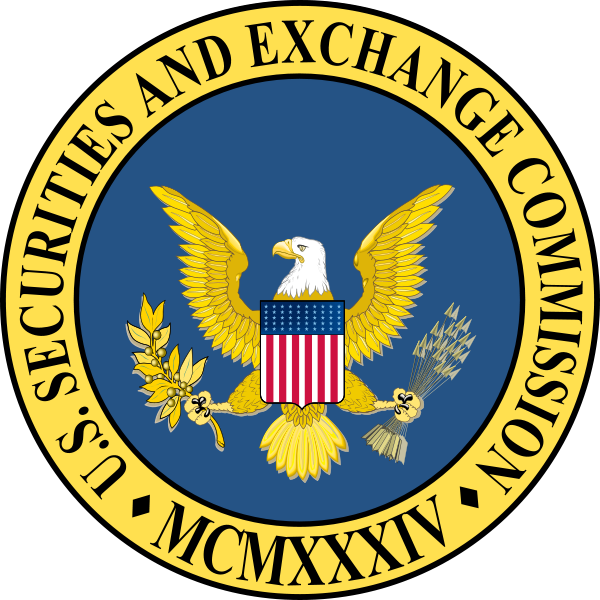A decade after scandals at Enron, Worldcom, and other companies dramatized the need for improved corporate financial monitoring, this critical regulatory challenge remains in essential ways unmet, new research suggests.
Recognizing that board audit committees are key to sound company financial reporting, federal regulations that were instituted in the wake of the scandals require these committees to consist solely of independent directors — board members never employed by the company or any firm doing business with it. Yet, now a new study finds that all too often audit committee members meet this standard and still fall well short of true independence because of long-standing friendship ties to CEOs nurtured by membership in the same elite club or leisure group or charity board.
The study, in the January issue of the American Accounting Association journal The Accounting Review, finds that in a sample of about U.S. 2,000 companies, almost 40% have audit committees whose members — nearly half on average — have social ties to the CEO. In particular, friendships involving voluntary, non-professional activities have a significant negative impact on corporate financial integrity, fostering earnings manipulation, low levels of audit effort, concealment of financial distress, and cover-ups of internal-control weaknesses.
“Given the problems our study has revealed, the SEC in the U.S. and regulators in Europe should consider mandating the publication of social ties between top management and board members,” comments Liesbeth Bruynseels of the University of Leuven, Belgium, who carried out the cross-Atlantic research with Eddy Cardinaels of Tilburg University, the Netherlands. “This should certainly be a priority for a group as essential to financial integrity as the audit committee, which typically consists of only three or four members. As matters stand today, social data of the kind we used in the study is available only at a cost of thousands of dollars, well beyond the means of the average individual investor.”
Bruynseels and Cardinaels obtained data on social ties from BoardEx, on an international business intelligence service that provides in-depth profiles of 600,000 world business leaders, including relations among these individuals. The professors focused on three kinds of social ties between CEOs and audit-committee members.
The first consisted of employment ties, whether involving service as directors of another company or prior employment at the same firm other than the one now headed by the CEO. The second consisted of educational ties, based on a CEO and audit-committee member graduating from the same institution. The third included friendships stemming from voluntary or leisure activities, such as membership in the same charity or club.
Neither employment ties nor educational ties on their own proved to have a significant effect on company financial reporting. By far the strongest effect derived from the third category of ties, including friendships nurtured by such elite organizations as the Chicago Club and Washington Roundtable, such sports and culture groups as the Augusta National Golf Club or Carnegie Hall Corporation or charities such as Cleveland Tomorrow and the Annie E. Casey Foundation.
Specifically, such friendship ties are associated with the following:
- High levels of non-cash items (so-called discretionary accruals) in company financial statements, a sign of earnings manipulation;
- Low fees for external auditors, suggestive of low levels of audit effort;
- A paucity of going-concern opinions (warnings about firms’ future viability that auditors insert in financial reports of distressed companies), a finding suggesting a reluctance of the audit committee to counter management pressures for clean opinions;
- Reduced likelihood that the external auditor will report material weaknesses in company mechanisms of internal control and an enhanced likelihood that such weaknesses will be reported only belatedly.
In the words of the study, “CEOs who wish to control the quality of financial reporting may be more likely to draw committee members from their friendship network than from their advisory network… Friendship ties can lead to audit committee members who are less critical of the CEO's financial reporting policies and who are less likely to rock the boat during conflicts between management and the [company's external] auditor.”
Professor Bruynseels notes that new research by U.S. scholars builds on the findings of the Accounting Review study to conclude that social ties between CEOs and audit committee members make a significant difference to investors. A working paper by Arnie Wright and Ganesh Krishnamoorthy of Northeastern University, Jeffrey Cohen of Boston College, and Lisa Milici Gaynor of the University of South Florida describes an experiment involving 263 informed, nonprofessional investors in which the participants demonstrate the most preference for companies in which CEOs had no social or professional ties to members of the audit committee and least preference for firms where there were social ties. In the social-ties condition, as spelled out in the experiment, the audit committee chair and another member of the committee were said to be classmates with the CEO in graduate school and to have stayed in social contact with each other on a regular basis during the 15 years since graduation.
“Investors already sense the importance of such ties to the quality of companies' financial reporting,” comments Prof. Bruynseels. “It's time for regulators to catch up with investors by requiring this information to be more readily available than it is today.”
Thanks for reading CPA Practice Advisor!
Subscribe Already registered? Log In
Need more information? Read the FAQs
Tags: Auditing, Financial Reporting, SEC




